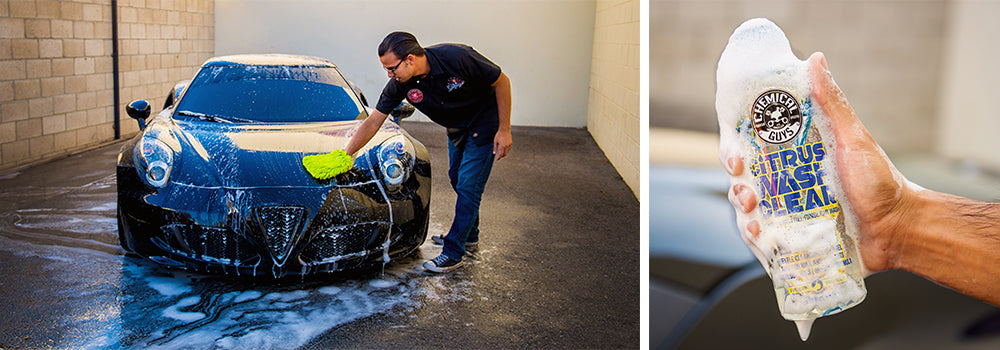
The Impact of Car Wash on Radiators: Unveiling the Hidden Dangers
April 7, 2024Car washes are an essential part of vehicle maintenance, ensuring a clean and polished exterior. However, have you ever wondered if car washes can potentially damage your radiator? In this article, we will delve into the intricacies of car washes and their potential impact on radiators. By understanding the risks involved, you can take necessary precautions to protect your vehicle’s cooling system.
- The Function of Radiators:
To comprehend the potential damage caused by car washes, it is crucial to understand the role of radiators in a vehicle’s cooling system. Radiators are responsible for dissipating heat generated by the engine, preventing overheating and maintaining optimal operating temperatures. They achieve this through a network of tubes and fins that facilitate the transfer of heat from the coolant to the surrounding air. - High-Pressure Water and Radiator Fins:
One of the primary concerns when it comes to car washes is the use of high-pressure water jets. While these jets effectively remove dirt and grime, they can also pose a risk to the delicate radiator fins. The forceful water pressure can bend or even break these thin metal fins, obstructing the airflow and reducing the radiator’s efficiency. Consequently, this can lead to engine overheating and potential damage. - Chemicals in Car Wash Products:
Another aspect to consider is the chemicals present in car wash products. Some car wash solutions contain harsh chemicals that can corrode or deteriorate the radiator’s metal components over time. This corrosion weakens the radiator’s structural integrity, making it more susceptible to leaks and reduced performance. It is essential to choose car wash products that are radiator-friendly or opt for hand washing to minimize the risk of chemical damage. - Vibrations and Mounting Brackets:
Car washes often involve automated systems that vigorously move brushes or cloth strips across the vehicle’s surface. These mechanical movements can generate vibrations that may affect the radiator’s mounting brackets. Over time, these vibrations can loosen or damage the brackets, compromising the radiator’s stability. Regular inspections and maintenance can help identify any issues with the mounting brackets and prevent potential radiator damage. - Precautions to Protect Radiators:
To safeguard your radiator during car washes, consider implementing the following precautions:
- Opt for touchless car washes: Touchless car washes utilize high-pressure water jets without physical contact, reducing the risk of damage to the radiator fins.
- Use radiator protectors: Installing radiator protectors or screens can shield the fins from direct water pressure, minimizing the potential for bending or breaking.
- Choose radiator-friendly car wash products: Select car wash solutions that are specifically designed to be safe for radiators, avoiding harsh chemicals that can cause corrosion.
- Regularly inspect the radiator: Periodically check the radiator for any signs of damage, such as bent fins or leaks. Prompt repairs or replacements can prevent further complications.
Conclusion:
While car washes are essential for maintaining a clean vehicle, it is crucial to be aware of the potential risks they pose to radiators. By understanding the impact of high-pressure water, chemicals, and vibrations, you can take necessary precautions to protect your radiator from damage. Regular maintenance and careful product selection will ensure the longevity and optimal performance of your vehicle’s cooling system.